Category: Brain
-
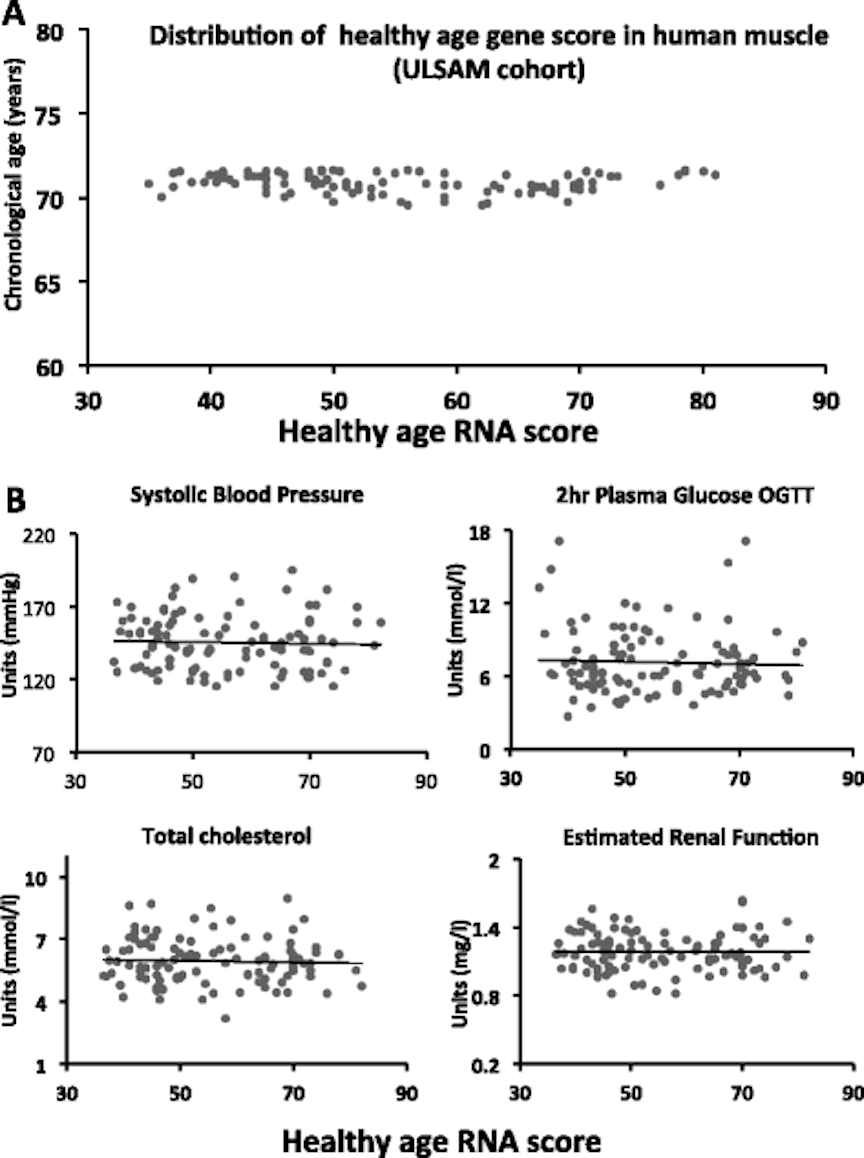
Biological age blood test could identify dementia risk
King’s College London professor James Timmons has developed a gene signature blood test that he believes could be used to predict Alzheimer’s disease. His goal is early detection and preventative treatment. The test is the first to measure biological age. Researchers analyzed thousands of blood, brain and muscle samples to find 150 markers of gene activity associated with good…
-
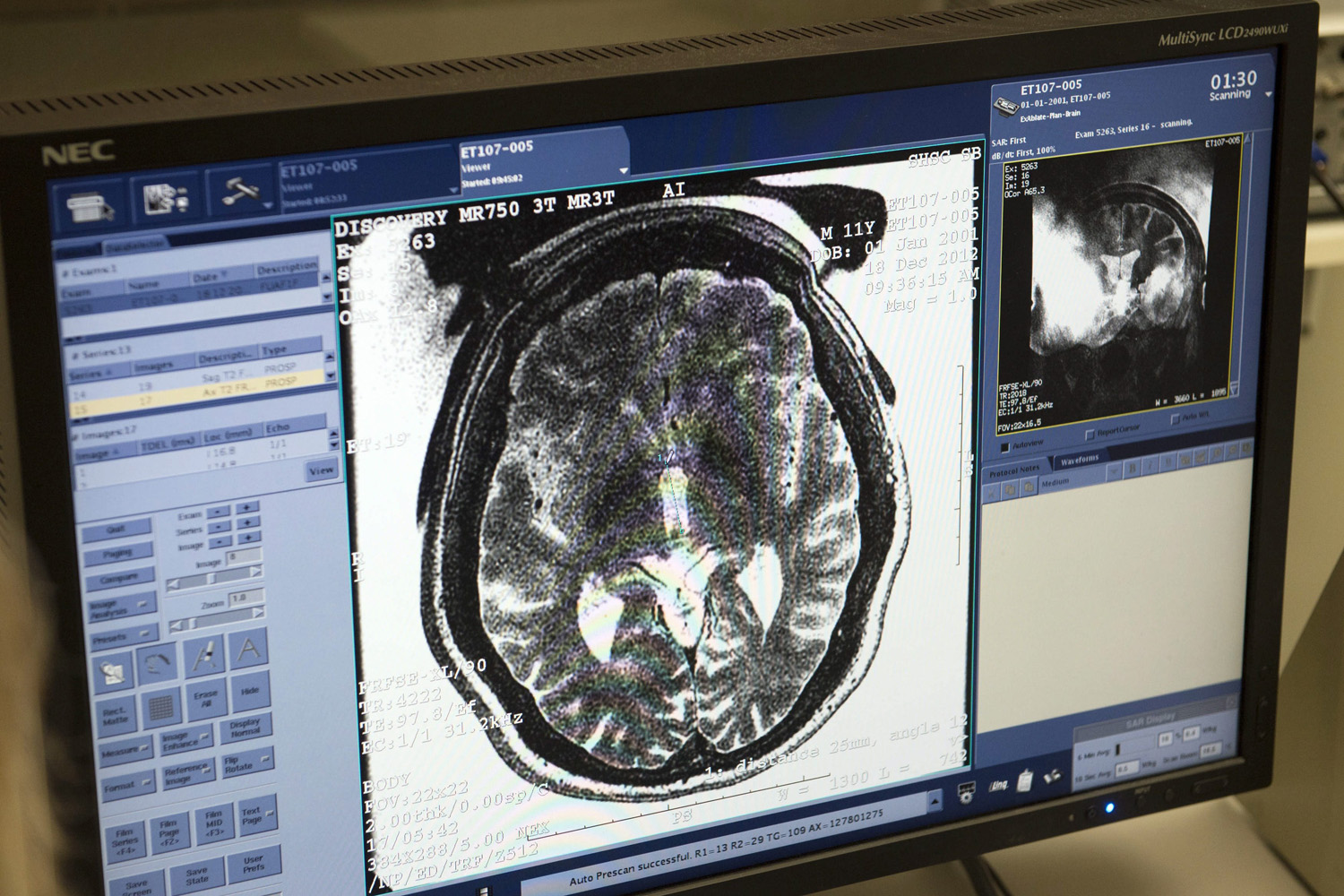
Ultrasound targets deep brain region, helps Parkinson’s symptoms
University of Maryland researchers are using MRI-guided focused ultrasound on the globus pallidus to treat Parkinson’s symptoms. The ExAblate Neuro system was developed by Israel’s Insightec. The treatment is non-invasive, as it does not require a cut, but its ultrasound impacts a deep region of the brain, which is not with out risk. Currently, drugs and…
-

Computer speech analysis determines psychosis risk
Columbia University researchers are using automated speech analysis to determine if an “at risk” youth will develop psychosis. The goal is early intervention. In a very small (34 patient) study, the system differentiated — with complete accuracy — between at-risk young people who developed psychosis over a 2.5 year period, and those who did…
-
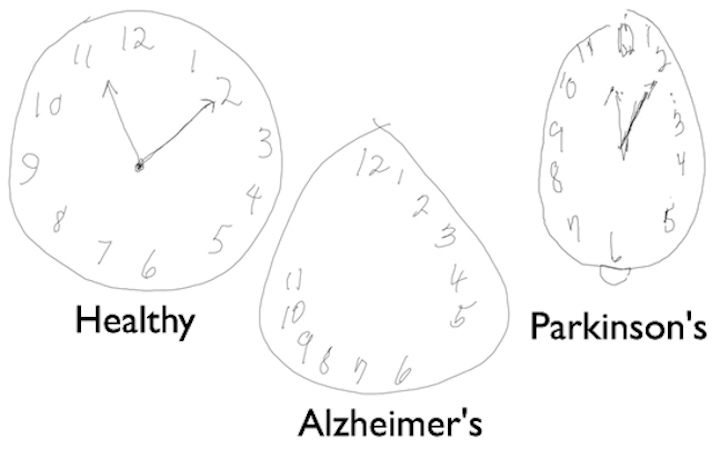
Digital pen/machine learning based neurodegenerative disease diagnosis
MIT researchers have developed a digital assessment tool based on the Anoto Live Pen that they believe will improve the accuracy of Alzheimer’s and Parkinson’s Disease diagnosis. A paper demonstrates a machine learning based predictive model that might detect neurodegenerative diseases earlier than current methods. According to lead author William Souillard-Mandar, the technology “allows us to extract…
-
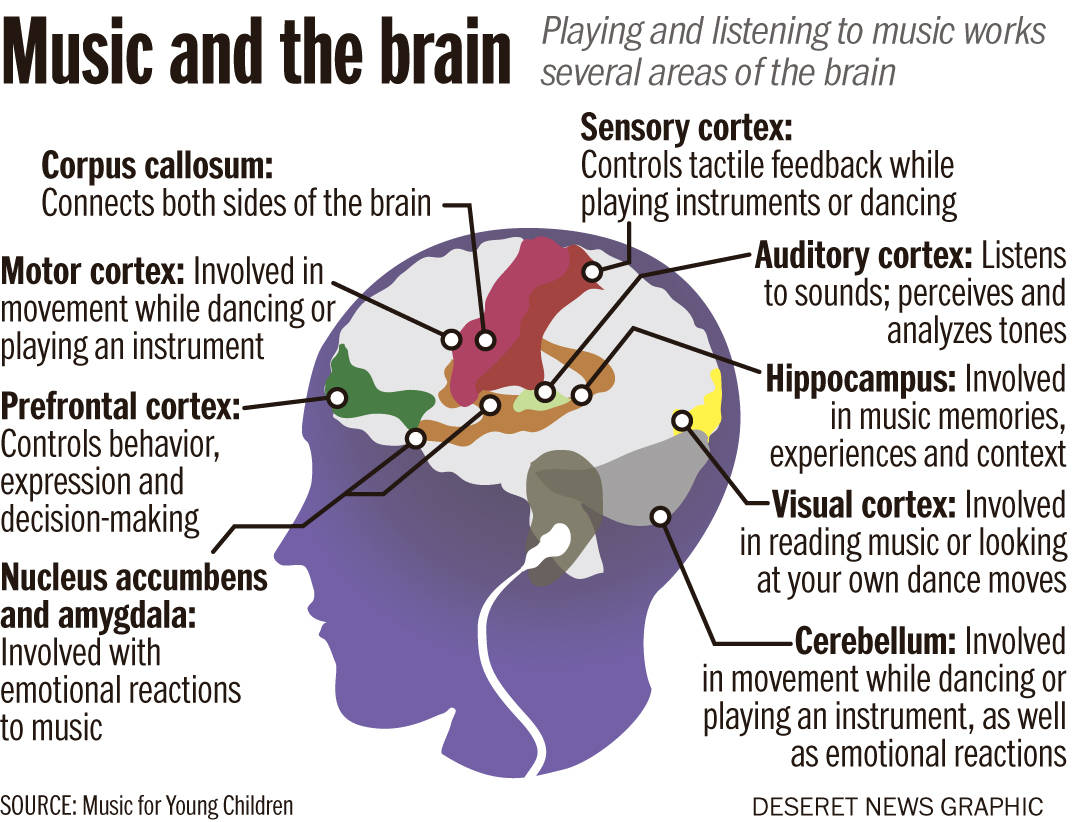
Epileptic patients process music differently
Ohio State researchers have found that epileptic patients’ brains process music differently, and hypothesize that music therapy could be used to reduce temporal lobe seizure frequency. The brainwaves of 21 epileptic and healthy patients were examined as they listened to music, interspersed with moments of silence. The order of the pieces was randomized, and 10 minutes of silence…
-
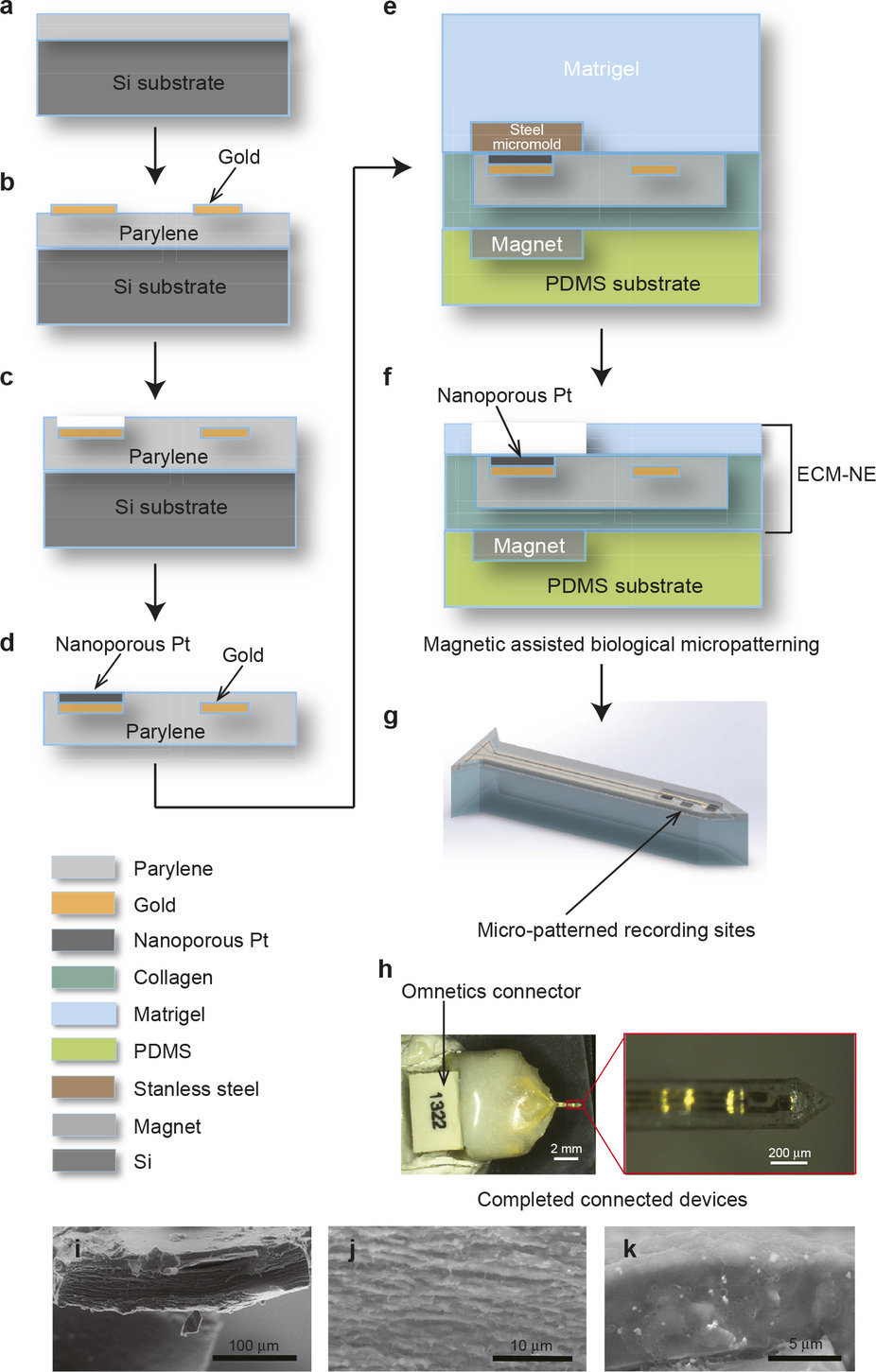
Biocompatible neural prosthetics
Spinal injury patients, and those with lost limbs, sometimes have neural prosthetic devices implanted in an attempt to regain independence. They are used for deep brain stimulation and brain controlled external prosthetics. However, neural prosthetics are often rejected by the immune system, and can fail because of a mismatch between soft brain tissue and rigid…
-
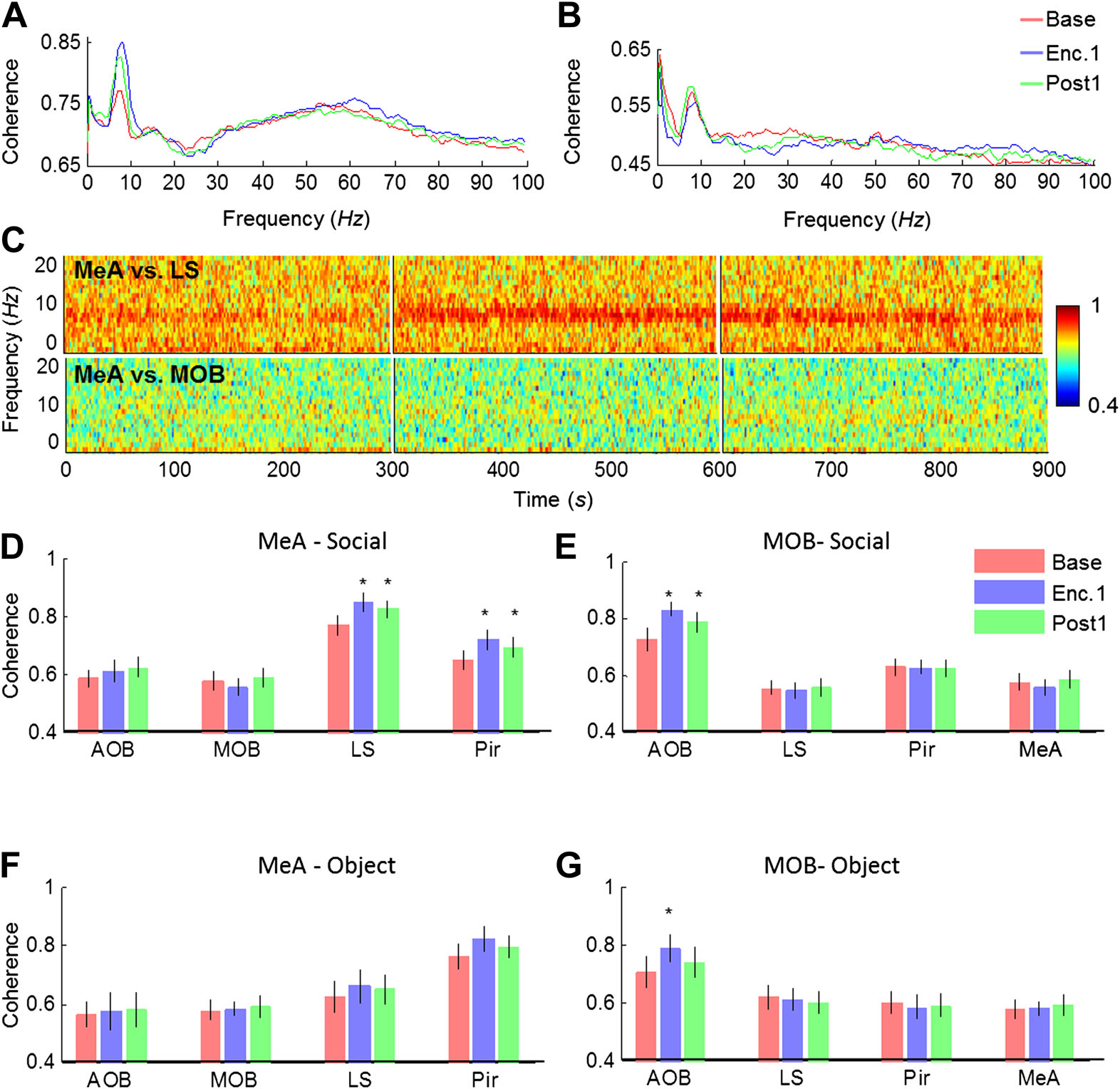
Study: Emotions linked to learning and memory
Shlomo Wagner at the University of Haifa has published a paper linking emotions to the processes of learning and memory. For the first time, electrical activity that takes place in the brain during the formation of social memory was identified. Wagner believes that “different emotions cause the brain to work differently and on distinct…
-
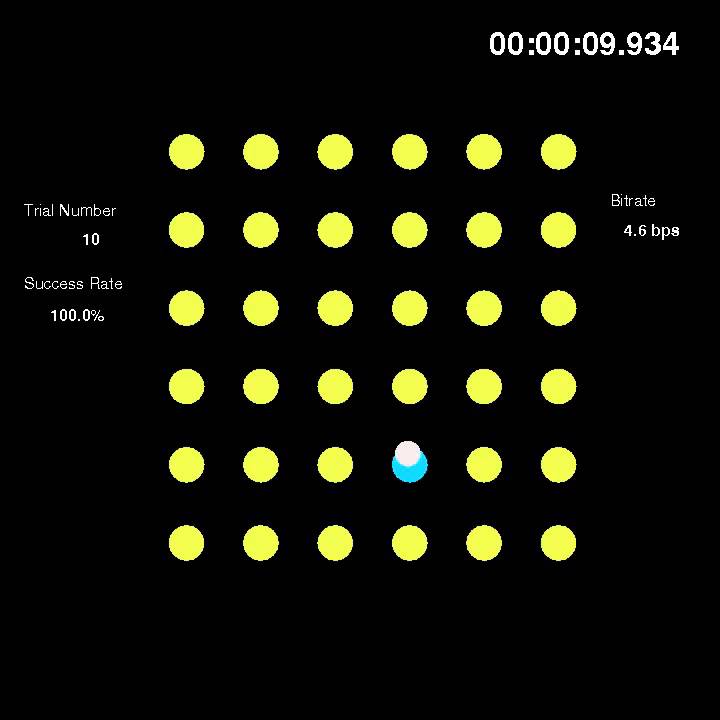
Continuously correcting BCI technique improves precision
Stanford‘s Krishna Shenoy has developed a more precise brain-controlled cursor for a virtual keyboard using a technique that continuously corrects brain readings. An algorithm analyzes the measured electrical signals that a prosthetic device obtained from sampled neurons. It adjusts the signals so that the sample’s dynamics were more like baseline brain dynamics. The thought-controlled keypad would allow…
-
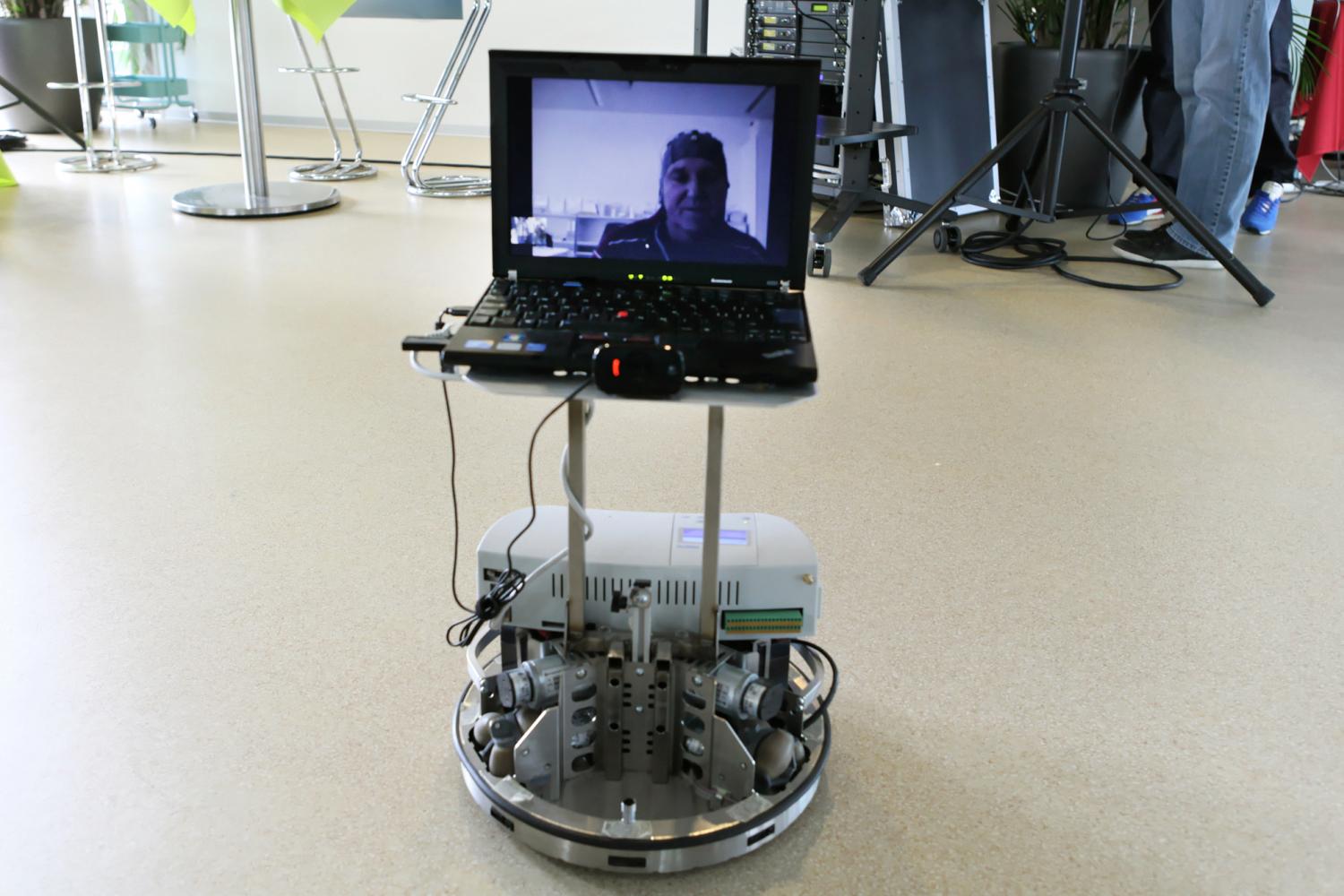
Thought controlled telepresence robot
EPFL‘s José del R. Millán is developing a brain-computer interface that allows those with paralysis or limited mobility to control telepresence robots. The goal is for the robot to assist the disabled with daily tasks, helping restore a feeling of independence. 9 disabled people, and 10 people without disabilities, from 3 countries, wore hats with…
-
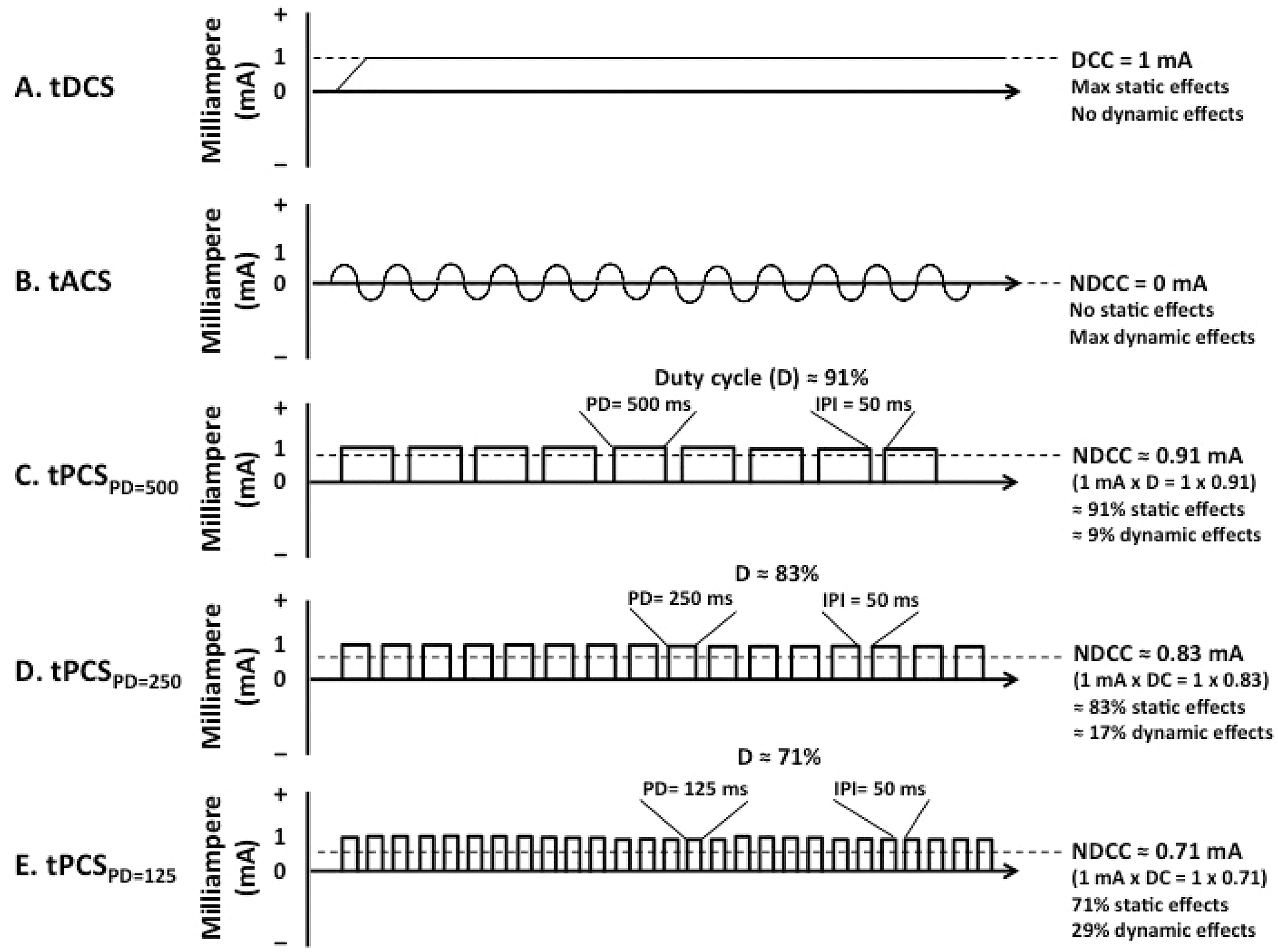
Longer pulses enhance brain excitability in tPCS
Monash University‘s Shapour Jaberzadeh has been researching the use of transcranial pulsed current stimulation for years. His new study describes the importance of pulse duration in creating brain excitability enhancement. He found that the shorter the interval between pulses, the larger the excitability effect in the brain. Dr Jaberzadeh believes that longer pulses could help recipients learn new tasks faster…
-
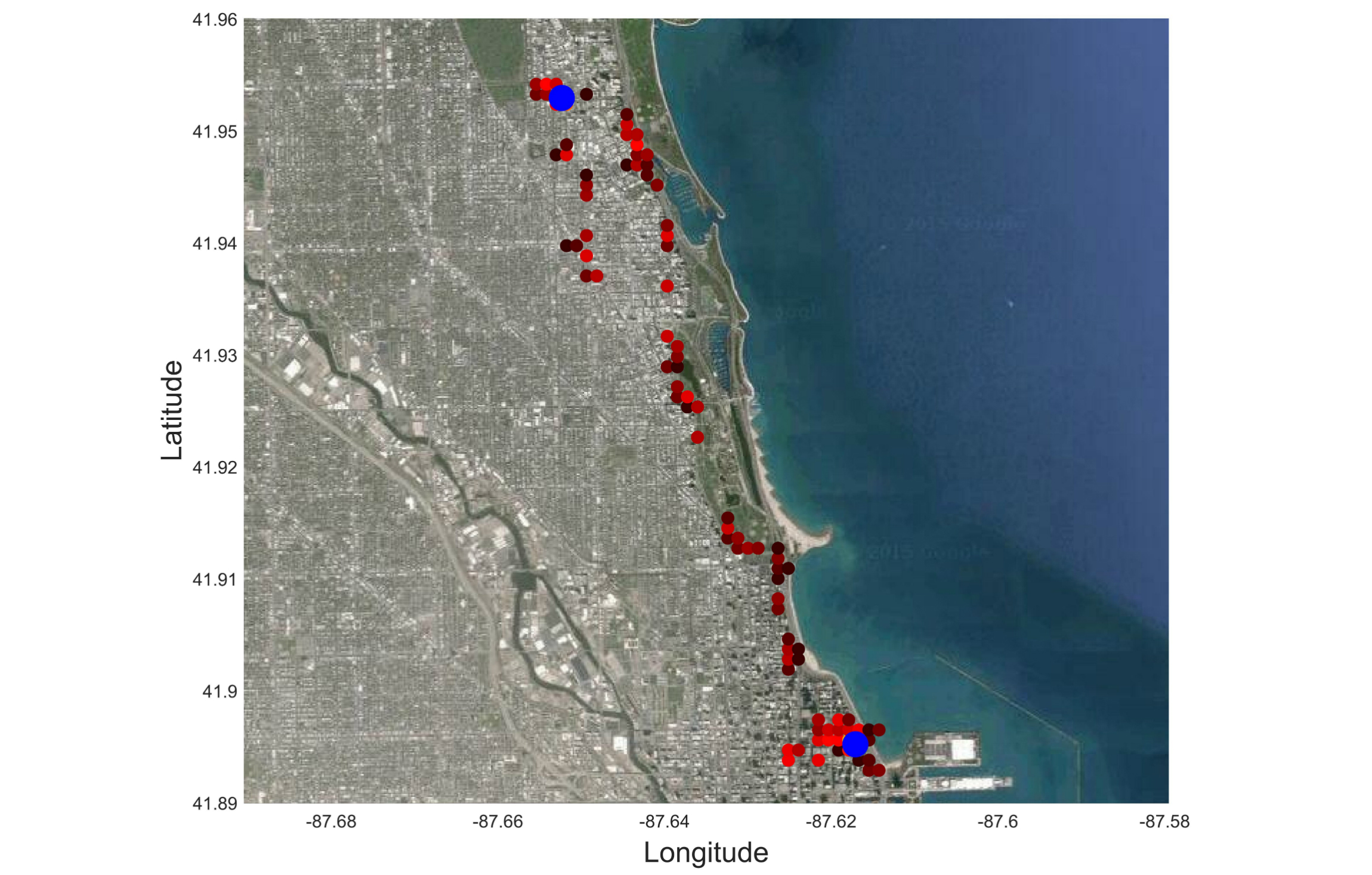
Phone sensors to detect depression risk
Northwestern‘s Sohrob Saeb believes that phones could be more reliable for diagnosing depression than traditional methods. In his recent study, data from smartphone sensors that detect location, movement, phone usage and other activities were used to assess depression risk. GPS or phone usage data were analyzed among 28 participants for two weeks. The “Purple Robot” app…
-
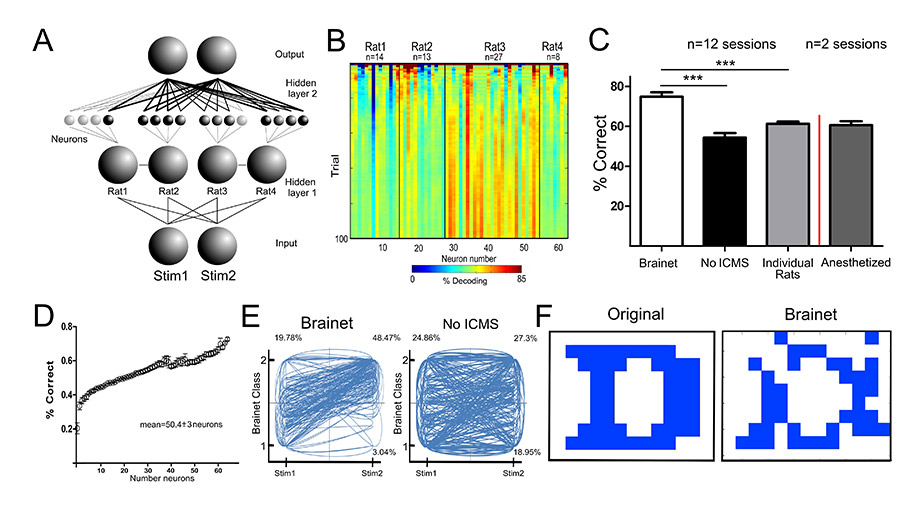
Real time brain-to-brain interface demonstrated
In another Nicolelis Lab breakthrough, networks formed by multiple animal brains, cooperating and exchanging information in real time through brain-to-brain interfaces, was demonstrated. The “Brainet” technology could provide the core of a new organic computer. In the recent study, four adult rat brains were interconnected. Brainets concurrently recorded extracellular electrical activity generated by cortical neurons…